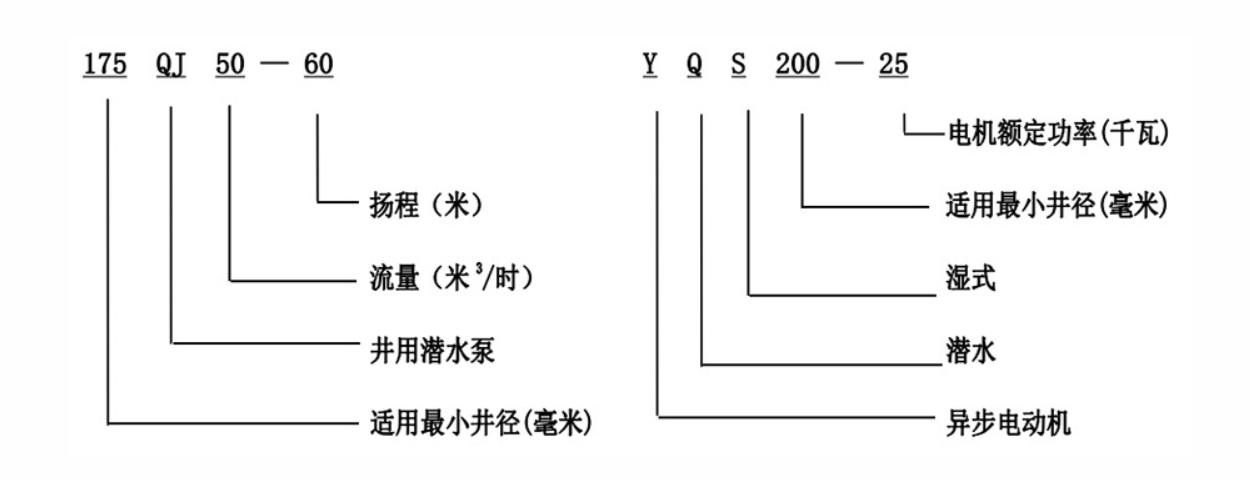Sep . 18, 2024 11:11 Back to list
chemical resistant submersible pump
Chemical Resistant Submersible Pumps An Essential Solution for Aggressive Environments
In various industries, the effective and safe handling of chemicals is paramount. Whether in wastewater treatment, chemical processing, or mining, the ability to pump aggressive media without compromising safety or equipment integrity is crucial. This is where chemical resistant submersible pumps come into play. Specialized in handling corrosive, abrasive, or viscous liquids, these pumps are designed to operate underwater, making them ideal for various applications.
Understanding Chemical Resistant Submersible Pumps
Chemical resistant submersible pumps are engineered with materials that can withstand harsh chemical environments. These pumps are typically made from high-grade stainless steel, thermoplastics, or even specialized alloys designed to resist corrosion and deterioration caused by aggressive chemicals. The pump’s impellers, volutes, and seals are all crafted to ensure maximum resilience against chemical attack, extending the lifespan of the equipment and reducing maintenance costs.
Submersible pumps are different from conventional pumps due to their ability to operate while submerged in the fluid. This design feature leads to several advantages, including improved efficiency, reduced noise levels, and the ability to pump fluids from deep depths, such as in wells, septic tanks, or industrial tanks.
Applications of Chemical Resistant Submersible Pumps
These pumps find extensive applications across various sectors. In the chemical industry, they are commonly used to transfer acids, bases, and other corrosive liquids. Wastewater treatment plants use chemical resistant submersible pumps to manage sludge and sewage containing harmful chemicals. In mining, these pumps are vital for dewatering processes, especially when dealing with contaminated or acidic water.
chemical resistant submersible pump

In addition to industrial applications, these pumps are also valuable in agricultural settings, aiding in the handling of fertilizers and pesticides. Their robust design assures farmers and agricultural workers of safe and efficient operation, even when exposed to harsh substances.
Key Considerations for Choosing a Chemical Resistant Submersible Pump
When selecting a chemical resistant submersible pump, several factors must be evaluated to ensure that the right product is chosen for the specific application. First, it is crucial to identify the type of chemicals being pumped, as different materials offer varying levels of resistance against specific substances. Moreover, understanding the fluid properties, including viscosity, temperature, and density, is essential for selecting a pump that can handle these variables efficiently.
The required flow rate and head (the height to which the pump must raise the fluid) will also influence the decision. Proper sizing is critical to ensure that the pump does not operate inefficiently, which could lead to premature wear or failure.
Conclusion
In conclusion, chemical resistant submersible pumps are indispensable in industries where the handling of aggressive liquids is routine. Their purpose-built design ensures safety, efficiency, and durability in challenging conditions. By carefully selecting the right pump for specific applications, businesses can enhance their operational efficiency while safeguarding their equipment and workforce from the potential hazards posed by corrosive chemicals. As technology advances, these pumps will continue to evolve, delivering even greater performance and reliability in managing the most demanding environments.
-
Submersible Water Pump: The Efficient 'Power Pioneer' of the Underwater World
NewsJul.01,2025
-
Submersible Pond Pump: The Hidden Guardian of Water Landscape Ecology
NewsJul.01,2025
-
Stainless Well Pump: A Reliable and Durable Pumping Main Force
NewsJul.01,2025
-
Stainless Steel Submersible Pump: An Efficient and Versatile Tool for Underwater Operations
NewsJul.01,2025
-
Deep Well Submersible Pump: An Efficient 'Sucker' of Groundwater Sources
NewsJul.01,2025
-
Deep Water Well Pump: An Efficient 'Sucker' of Groundwater Sources
NewsJul.01,2025
-
 Submersible Water Pump: The Efficient 'Power Pioneer' of the Underwater WorldIn the field of hydraulic equipment, the Submersible Water Pump has become the core equipment for underwater operations and water resource transportation due to its unique design and excellent performance.Detail
Submersible Water Pump: The Efficient 'Power Pioneer' of the Underwater WorldIn the field of hydraulic equipment, the Submersible Water Pump has become the core equipment for underwater operations and water resource transportation due to its unique design and excellent performance.Detail -
 Submersible Pond Pump: The Hidden Guardian of Water Landscape EcologyIn courtyard landscapes, ecological ponds, and even small-scale water conservancy projects, there is a silent yet indispensable equipment - the Submersible Pond Pump.Detail
Submersible Pond Pump: The Hidden Guardian of Water Landscape EcologyIn courtyard landscapes, ecological ponds, and even small-scale water conservancy projects, there is a silent yet indispensable equipment - the Submersible Pond Pump.Detail -
 Stainless Well Pump: A Reliable and Durable Pumping Main ForceIn the field of water resource transportation, Stainless Well Pump has become the core equipment for various pumping scenarios with its excellent performance and reliable quality.Detail
Stainless Well Pump: A Reliable and Durable Pumping Main ForceIn the field of water resource transportation, Stainless Well Pump has become the core equipment for various pumping scenarios with its excellent performance and reliable quality.Detail
